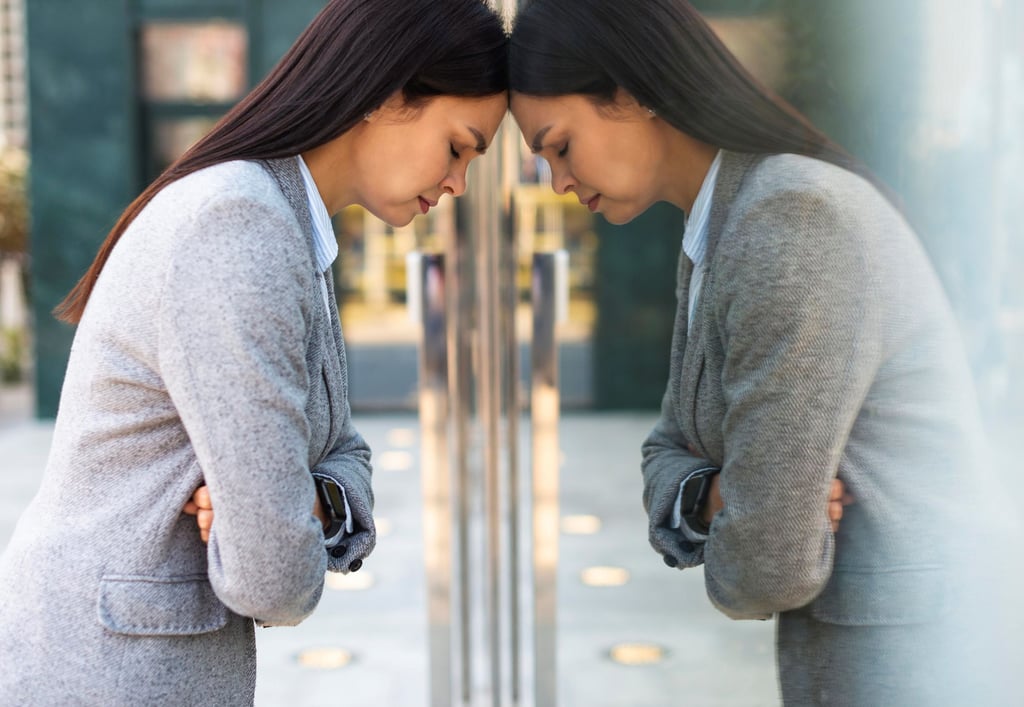Friend Breakups: Why They Hurt and How to Heal?
Friend Breakups: Why They Hurt and How to Heal? Ending a friendship marks the end of a chapter that gave us good times, lessons, and growth. Feeling sad is natural and shows how much this friendship meant. With healing comes space for new connections and a richer understanding of self.
FRIENDSHIP & SOCIAL LIFEEVERYDAY LIFE
K.N.
9/4/20253 min read


Why Friend Breakups Hurt
Friend breakups can hurt more than you expect. We don’t always see how hard it is to lose a close friend, not just a romantic partner. Friends share memories, trust, and a close bond, which can be hard to replace. When a friendship ends, it can feel like part of who you are is gone. You might feel alone and rejected because that connection fades. Friend breakups are devastating, and it's time we started talking about them openly.
Why Friend Breakups Hit Different
Your friends are your chosen family. These are the people who've seen you ugly cry over bad movies, know your coffee order by heart, and have been there through your messiest life moments. When that bond breaks, you're not just losing a person—you're losing a piece of your identity.
Unlike romantic relationships, friendships don’t have set rules or formal breakups. One day you’re sending memes at 2 AM, and the next you’re not sure if you should like their Instagram posts. The hard part is that friend breakups usually happen slowly—texts go unanswered, plans get canceled, and you feel like you’re doing all the work.
The worst part is that friends breaking up with you can feel slow and sad. You might have unanswered texts, plans that get canceled, and the sense that you’re the one trying the hardest.
Types of Friend Breakups
Not all friend breakups look the same. Sometimes it's explosive—a big fight or betrayal that ends everything suddenly. These hurt, but at least you know where you stand.
Then there are the slow fades, which might be worse. Your friend gradually becomes distant, always "too busy" to hang out, leaving you wondering if you're being paranoid.
Some friendships end because life goes in different directions—moving, changing jobs, or changes in life. No one did anything wrong, but the friendship fades. This can cause sadness—grieving what we had while knowing it wasn’t anyone’s fault.
Why It Hurts So Much
Here's what makes friend breakups particularly brutal: society doesn't validate this pain. When you break up with a romantic partner, everyone understands you need time to heal. But lose a friend? People expect you to bounce back immediately. "Just make new friends," they say, as if decades of shared memories can be replaced easily.
Friends know us in ways romantic partners sometimes don't. They've seen us through different relationships, career changes, and personal growth. They hold our history. When that person is gone, it's like losing a piece of your own story.
There's also the practical stuff—what do you do with photos together? Do you unfollow them on social media? What about mutual friends? These questions complicate the healing process.
How to Heal
Healing isn’t always easy. You will have good days and bad days. Go at your own pace and take each step when you’re ready.
Your feelings are completely valid. It's okay to grieve a friendship loss the same way you'd grieve any significant loss. Don’t let anyone say your pain isn’t important.
Give yourself permission to feel angry, sad, or confused. Some days you'll miss them, other days you'll be very angry. Both reactions are normal.
Try to find closure, even if the ending comes from inside you. Write a letter you won’t send, talk to a therapist, or just accept that this chapter is over.
If staying on social media hurts you, stay away from it. Unfollowing someone isn’t mean—it’s taking care of yourself. You can’t feel better if you’re always reminded of what you lost.
Focus on friendships that are working. Reach out to others in your circle and invest in those relationships. Often, losing one friend helps us appreciate the ones still showing up.
Moving Forward
Not all friendships are meant to last forever, and that's okay. Some friends are meant for specific seasons of our lives and knowing this can feel freeing. Use this experience to reflect on what you want in future friendships. Maybe you've learned you need better communication or clearer boundaries. Every ending teaches us something about ourselves.
Don’t hurry to fill the emptiness with the first person who seems interested. Take time to heal and be careful about who you let into your close circle. Remember that losing a friend doesn’t mean you are worthless. Sometimes people grow apart, situations change, and friendships end. It can be painful, but that is part of life.

